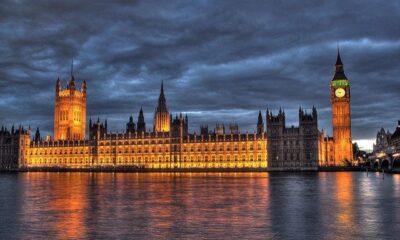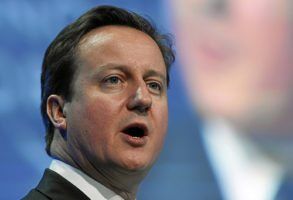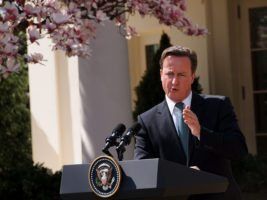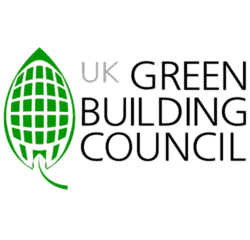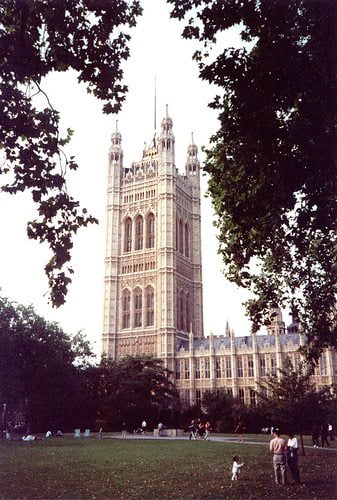

Energy
Energy co-operation within the EU – Lords committee to investigate
The House of Lords EU Committee on Energy and Environment has today launched a new inquiry into EU energy governance.
Responsibility for energy policy is shared between the EU and Member States. The European Commission’s Energy Union Package seeks to ensure that Europe has secure, affordable and climate-friendly energy and seeks to further integrate national energy plans with that of the Union as a whole.
The Committee have identified potential tensions between EU and national objectives and are seeking to bring these tensions to wider attention and scrutinise the progress of EU energy governance so far. The inquiry will focus on capacity mechanisms – the mechanisms by which energy companies are paid by Member States to ensure continuity of energy supply – and renewable energy targets.
Commenting Baroness Scott of Needham Market, Chairman of the Committee, said: “The EU has some ambitious targets for renewable energy, and Member States are increasingly making payments to energy companies to ensure continuity of supply, but it is not entirely clear that EU countries are working together constructively to ensure we meet our national and collective targets.
“Our inquiry will attempt to get to the bottom of what a strengthened approach to EU energy governance could mean, how it can be enforced and what the implications might be of not making swift progress towards a clear governance system.
“We want evidence from as wide a range of interested witnesses as possible. We will publish our report before the December European Council so are working to a tight schedule. Please get your evidence to us by the 2 October.”
Questions the Committee are inviting evidence on include:
• How might the development of some form of governance system mitigate the need for costly capacity mechanisms, where energy companies are paid by the state to produce more than normally needed in order to ensure continuity of supply.
• How has the tension between EU and national objectives in energy policy been handled so far?
• Could an EU energy governance mechanism assist the EU to deliver its stated policies including a 40% emissions reduction target by 2030?
• If the National Energy and Climate Plans were to be the basis for a strengthened governance, who should be responsible for assessment, review and enforcement? How can transparency of that process be assured?
• What role should regional cooperation play in any new governance system?

